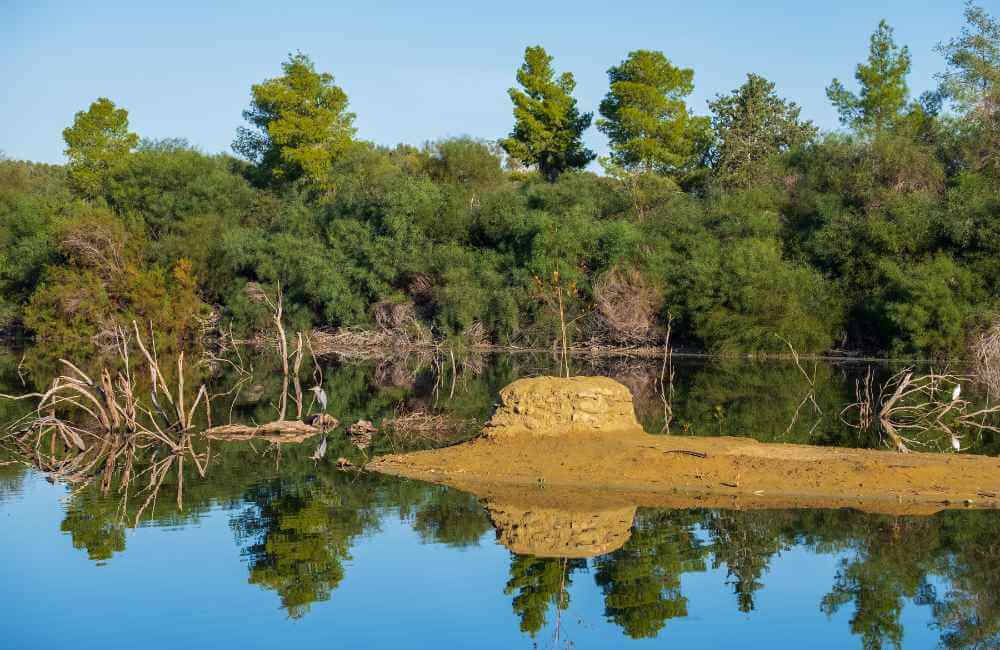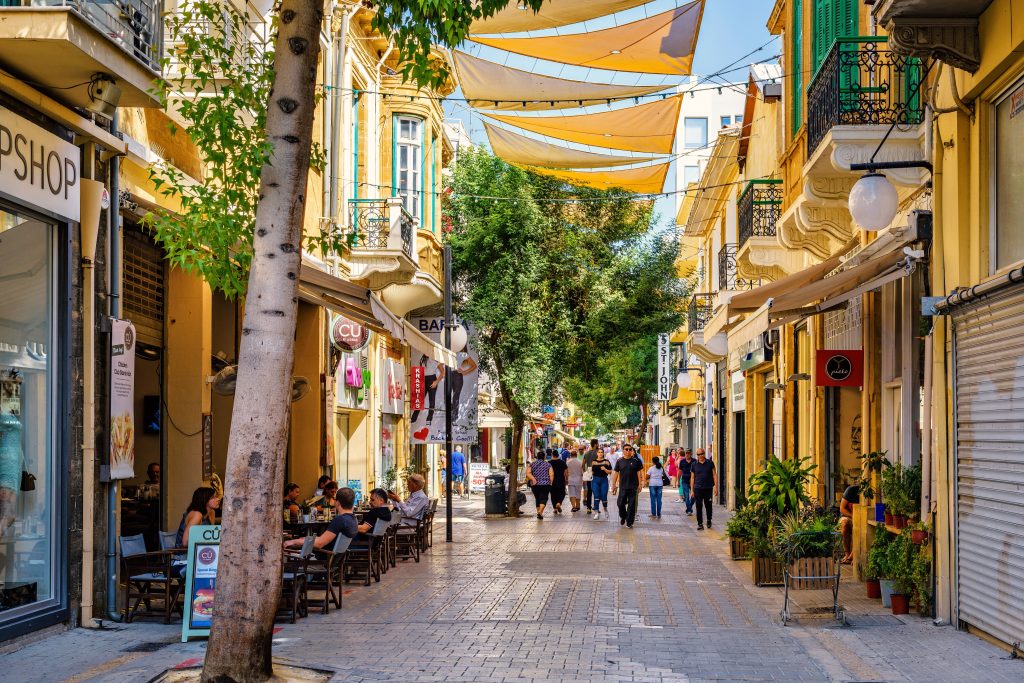Nicosia The Capital of Cyprus
The History of Nicosia City: Nicosia, the capital of Cyprus, lies in the central part of the island. It is one of Cyprus’s five major cities and holds the title of the largest by both area and population. Archaeological evidence shows that the area has been inhabited since the Neolithic period.
A Rich and Diverse History
Nicosia’s history reflects the influence of many civilizations. Over the centuries, the city came under the control of the Assyrians, Persians, Egyptians, and Romans. In the 4th century, it became part of the Byzantine Empire, marking an era of cultural and commercial significance.
Under The Rule of The Lusignan Dynasty
In the 12th century, the Lusignan dynasty took control of Nicosia. They built the city’s iconic walls to defend against invaders. These walls still stand today and are a UNESCO World Heritage Site. The Lusignans also constructed numerous churches and monasteries, many of which remain important historical landmarks.

Conquered by The Ottoman Empire
In 1570, the Ottoman Empire conquered Nicosia and declared it the island’s capital. During Ottoman rule, the city expanded significantly. The Ottomans built mosques, markets, and public buildings. They also introduced a localized administrative system, which left a lasting impact on the region’s governance.
Transition to British Rule
In 1878, Nicosia came under British control as part of the Cyprus Convention. The British modernized the city with major infrastructure projects, laying the foundation for its growth in the 20th century.

Cyprus Gains Independence
Cyprus achieved independence in 1960, and Nicosia became the capital of the Republic of Cyprus. However, in 1974, the Turkish invasion divided the city. Today, Nicosia remains the last divided capital in the world, with its northern and southern parts separated by the Green Line.
A Centre of Commerce, Education And Culture,
Despite its challenges, Nicosia thrives as a hub of activity. The city attracts tourists with its historical sites and museums. It also serves as a centre for commerce and education. Nicosia is home to the University of Cyprus and other prestigious institutions, earning a reputation for academic excellence.

The Island Remains Divided
Efforts to reunify Cyprus continue, but Nicosia remains a symbol of the island’s division. With its rich history and vibrant culture, the city holds a unique charm. Many hope that future developments will lead to a resolution, ensuring a brighter and more united future for Nicosia.


